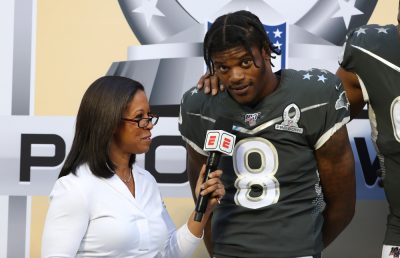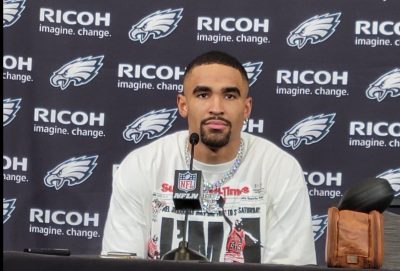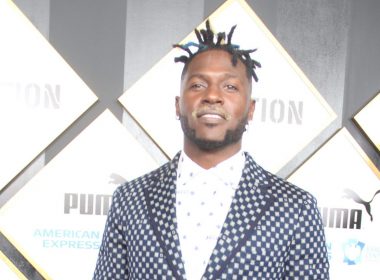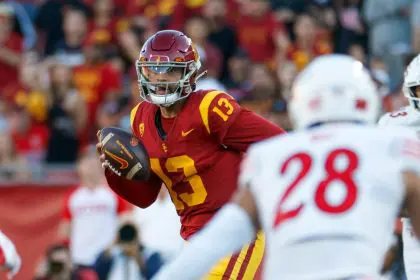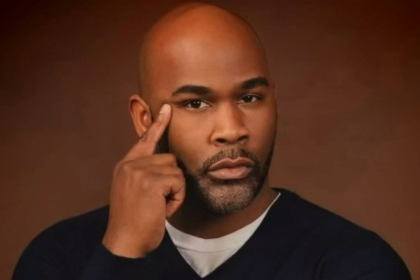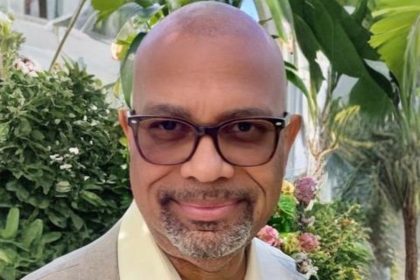
I’m not a sports fan by any stretch of the imagination, but I’m very interested in the recent lawsuit filed against the NFL. According to CBSSports.com, former Miami Dolphins head coach Brian Flores is suing the NFL, the Dolphins, New York Giants and Denver Broncos, alleging racial discrimination. The lawsuit claims that Flores went through multiple “sham” head coaching interviews and was treated unfairly by the Dolphins during his three seasons in Miami. As a teacher and forever student of diversity, equity, inclusion and belonging communications, particularly in the corporate communications space, this lawsuit is a contemporary example of racial discrimination issues post the Civil Rights Movement that are Black history moments in the making.
Scholars more adept than I am who study and teach about these incidents during different periods of our country’s history help us to understand the larger context. In a “CBS This Morning” interview with Flores, journalist Gayle King posed a question about the individual NFL teams having the right to choose candidates for jobs who are the most qualified for the position.
“Yes, they have that right,” Flores responded. “However, we are all working to hold companies, systems, etc., more accountable for the diversity, equity and inclusion commitments that have been widely publicized via traditional media, social media and through partnerships they engage in. [For example,] say with half-time shows organized by music moguls.”
Flores also said in the interview that the Rooney Rule that is supposed to help ensure diversity of candidates in the coaching pipeline and create opportunities for diverse leadership off the field has become a “check the box” process. And most importantly, he is not the first person who has experienced racial discrimination in his field and pursuit of leadership in a league where over 70% of the players are African American. That’s where the importance of knowing our history comes into play and those who are committed to diversity, equity and inclusion measures should study it regularly.
Continue reading on the next page.





